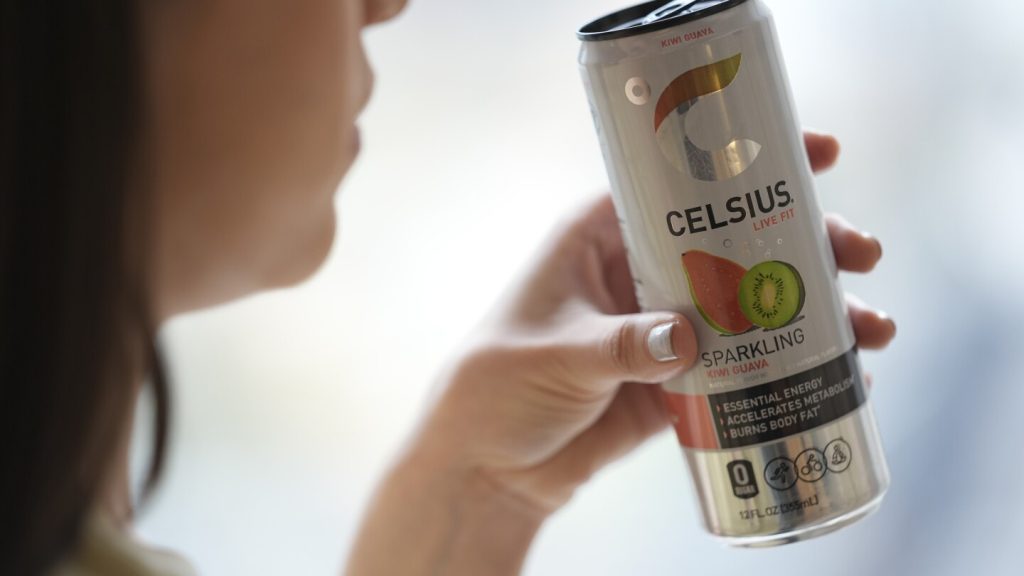Functional beverages are becoming increasingly popular worldwide, with hundreds of companies introducing products that claim to offer mental and physical benefits beyond hydration. Some of the latest trends in functional beverages include adaptogens, nootropics, probiotics, prebiotics, and CBD.
Adaptogens are plants and mushrooms that are believed to help the body respond to stress, anxiety, and fatigue, as well as enhance overall well-being. Examples of adaptogens include American and Asian ginseng, ashwagandha, eleuthero, Rhodiola rosea, and chaga. The Cleveland Clinic states that adaptogens can trigger chemical reactions that bring the body back to a more balanced state. However, studies show that adaptogens work best when used for a short duration, as prolonged use can lead to the body building a resistance to them.
Nootropics, also known as “smart drugs,” are substances that can improve cognitive functions such as thinking, learning, and memory. Common nootropics include caffeine, L-theanine, creatine, Bacopa monnieri, Gingko biloba, and lion’s mane. Research has shown that plant-based nootropics may not have immediate effects and require prolonged use before any noticeable improvements occur. Standardizing forms and dosages of these natural substances remains a challenge in research. Side effects of nootropics are rare and mild, but users should consider their overall health and potential interactions with other medications.
Probiotics and prebiotics are essential for maintaining a healthy gut microbiome. Probiotics contain live microorganisms that support the beneficial bacteria in the body, while prebiotics serve as food for these organisms. Foods such as yogurt, kefir, kefir, kombucha, sauerkraut, whole grains, bananas, greens, onions, and soybeans are good sources of probiotics and prebiotics. Research indicates that probiotics can help fight off harmful bacteria and may impact conditions like irritable bowel syndrome, mood disorders, pain tolerance, and fatigue. Despite active research, there is still insufficient evidence to definitively prove the effectiveness of probiotics and prebiotics.
CBD, or cannabidiol, is a non-psychoactive component of cannabis that has gained popularity for its potential health benefits. It has been used to treat epilepsy, anxiety, insomnia, chronic pain, and addiction. Side effects of CBD may include nausea, fatigue, and irritability. Harvard Medical School suggests that CBD could be a helpful and relatively safe option for managing anxiety and other issues, but more research is needed to determine the most effective dosages.
In conclusion, the market for functional beverages is rapidly expanding, with a variety of ingredients claiming to offer numerous health benefits. While some of these ingredients, such as adaptogens, nootropics, probiotics, prebiotics, and CBD, have shown promise in research, more studies are needed to fully understand their effects and optimal usage. Consumers should consult with healthcare professionals before incorporating these ingredients into their daily routines, especially if they are already taking medications or have existing health conditions.


